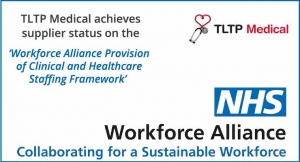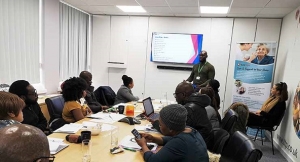The coronavirus pandemic has changed the way we work, live, socialise, shop and travel on a scale we would never have thought.
Working in healthcare is demanding on any day, but with the pressure COVID-19 brings, it is more important now than ever to look after our mental health and well-being. Many healthcare workers have worked extremely long hours and under extreme high pressure. Many would have also been exposed to traumatic situations or faced with moral dilemmas as result of poor staffing levels, lack of proper equipment or confusion with new guidelines. The risk of long-term psychological issues arising from such situations is worrying for healthcare workers.
It’s natural for anyone working in the healthcare industry today to feel anxious and stressed, it is one of the most challenging industries and one that is faced with constant change and uncertainty.
Follow our five steps to help healthily cope with stress.
1. Talk
Never has talking been more important. Everyone is going through change as a result of COVID-19. Talking helps to ease your worries and help you see things from a different point of view.
If you are feeling worried, scared or helpless at work, have a chat with your manager or a member of the senior team, it will help them see things from view and provide the support you require. If you don’t feel confident to be able to do that, there are people you can speak to via NHS recommended helplines.
Talking to close friends and family is also good as they can help to give you advice and sometimes it’s nice to talk to people outside of your work without the fear of being judged or worry about any implications your concerns may have.
It’s equally important to keep talking to your students and check-in with them of how they are feeling. Young minds are constantly developing and taking in new information, however many of them won’t have the emotional capacity to handle or healthily process this.
If you can encourage all the staff to adopt the same practices, it can help the well-being of the whole workplace.
2. Stay connected
You may find yourself locked away due to the ever-increasing number of restrictions and overtime find that you are out of touch with friends and family. Technology surrounds us, so there are lots of ways you can remain connected. WhatsApp, video calls via Zoom, Skype, Google Duo and Facetime to name just a few and various social media platforms can all help you from feeling isolated. And, if social media becomes too overwhelming then it’s okay to disconnect for a while.
3. Stick to a routine
Whilst there is disruption around us, you must stick to a normal routine. Do the things you would usually do (as much as the restrictions allow). This includes keeping on top of basic things like shopping, cleaning, laundry, eating, sleeping and exercising. If you keep up with the little things, you’ll be able to handle new changes and extra tasks that come your way.
4. Don’t be hard on yourself
Each day we are all facing new situations, no-one knows what the future holds, all we can do is our best. As a healthcare professional you are fully trained, qualified and experienced so never doubt yourself. You wouldn’t be hard on your patients when you are treating and supporting them, so why be hard on yourself?
If you find yourself having to take on more responsibilities, or work a different way. i.e. treating patients via online videos, try to keep what you are doing simple. Don’t over complicate your work or do things that are not necessary, keeping to the basics will help keep the pressure off yourself.
5. Take time out for yourself
Regularly taking some time out for your physical well-being is vital.
Find a few minutes in the day for a bit of peace or get some fresh air. Even if it means taking 10 minutes out to eat lunch without having any distractions around you. this will do wonders in easing your mind, refocus and help to keep you calm and in control.
When you’re not at work, it’s important to take your mind of ‘work’ by finding something to distract yourself with. There are lots of things you can do which don’t require a lot of investment, such as:
- Going for walks, bicycle rides or even a class at the gym. If going out is not an option; join a fitness class online
- Jigsaw puzzles – doing a bit at a time will give you the motivation to complete it
- Painting, making a collage, embroidery, pottery
- Playing an instrument – there are lots of tutorials on YouTube
- Cooking, learning a new dish or just experimenting with different foods. There are tonnes of social media groups, recipes and videos online showing you step by step guides
Whatever you do, remember the time is for you, no one else. It’s tempting to keeping looking at our phones, to stop temptation, switch off your phone and leave it another room.
We all need time to reflect, relax and recharge; after all, we’re only human.
Further guidance and support can be found by visiting the following websites.
The government’s guidance on mental health and well-being - https://www.gov.uk/government/publications/covid-19-guidance-for-the-public-on-mental-health-and-wellbeing?priority-taxon=774cee22-d896-44c1-a611-e3109cce8eae
Macmillan Cancer Support - Emotional Health and Well-Being for Health and Social Care Professionals - https://www.macmillan.org.uk/coronavirus/healthcare-professionals/mental-health-and-wellbeing-support
MIND is a leading mental health charity that provides support to anyone experiencing mental health problems - https://www.mind.org.uk/information-support/coronavirus/coping-as-a-key-worker/
NHS practitioner help supports the well-being of all NHS staff - https://www.practitionerhealth.nhs.uk/covid-19-workforce-wellbeing
Royal College of Nursing has published COVID-19 guidance on mental health care delivery - https://www.rcn.org.uk/clinical-topics/mental-health/covid-19-guidance-on-mental-healthcare-delivery
Related Articles
£870 raised for the mental health charity MIND
TLTP Medical frontline carers go above and beyond the call of duty
London Teaching Pool Ltd. (TLTP Medical) has successfully been awarded accredited supplier status on the Workforce Alliance Provision of Clinical and Healthcare Staffing Framework.
The provisions awarded are:
- Lot 1 Nursing and Midwifery Staffing
- Lot 3 Allied Health Professionals and Health Science Services Staffing
- Lot 5 Social Care Staffing
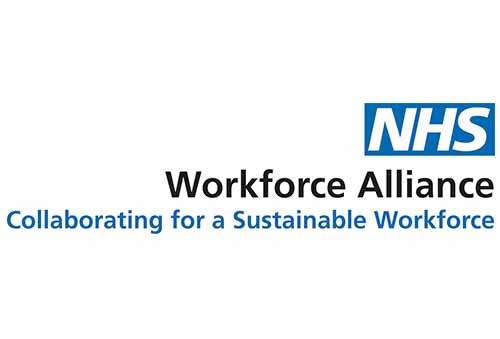
This is a new National Clinical and Healthcare Staffing framework that has been published under the newly formed Workforce Alliance. The framework will be lead and managed by the NHS London Procurement Partnership (NHS LPP). It will be exercised on behalf of the Workforce Alliance, with the Awarding Authority being NHS LPP's Host Trust; Guy’s & St. Thomas’ Hospital NHS Foundation Trust.

The collaboration is a long-term plan to deliver a whole portfolio of health workforce services which helps to ensure there is an easy and quick access to a sustainable workforce.

Lisa Camp, Managing Director of TLTP Medical said “We are delighted to be part of a respectable framework that values our commitment to helping hospitals and medical practices deliver the best patient care and a high level of service. We are proud that our robust compliance and vetting procedures have been recognised, as this is an area, we continue to invest in.”
“The framework will allow us to continue to provide high quality, temporary, permanent and fixed term clinical and healthcare staffing services across the UK.”
"With over 14 years’ experience working closely with the NHS, and as a proud member of the REC; this recognition further reinforces our dedication to providing a recruitment solution that adds value. We look forward to meeting and exceeding the high-standards expected from this framework, in order to cater to the challenging recruitment needs and ensure the satisfaction of our clients.”
For more information, please visit National Clinical and Healthcare Framework.
To find out more about our recruitment services and how we can support you with your staffing needs, please get in touch with us on 020 8709 6553 or complete a call back request form and we will give you call.
Building a trustful relationship with patients
Working within healthcare is a highly rewarding role, yet at the same time it can be demanding especially during challenging times. It is important to create a strong relationship with your patient so that the very best care can be achieved. Building a good rapport will have such a positive impact not only on your career, but also on your experience with the patient and on the overall satisfaction.
We've put together 6 helpful tips to build a good relationship with your patients.
1. Take time to get to know patients
First and foremost, no patient likes to feel as if he or she is being rushed through an appointment. A big part of ensuring that a patient is comfortable is addressing him or her like an individual, as opposed to a medical condition. While asking someone questions, you should try making it more of a discussion rather than a strict Q&A. Also, introductions are key, so don't forget to introduce yourself and your role on the clinical team is important for building a positive patient relationship. It shows your patient that you want them to know exactly who you are and what you’ll be doing to care for them. Remember your patients' names. Whenever you can, address them by their first names, even if it's something like, "OK, Helen, I will go ahead and schedule your MRI".
2. Be prepared for appointments
It's good practice to review patients' reports before you see them in person. It can be a waste of time to ask for information already in their files. Also, if you discuss the reason for their last visit, you'll come across as observant and interested in the patient's individual needs.
3. Active Listening
Active listening is an essential holistic healthcare tool. It is a non-intrusive way of sharing a patient’s thoughts and feelings. The goal of active listening is to reflect the feeling or intent behind their words. You should listen to understand, not to respond. To practice active listening, follow these steps:
- Listen to what the patient is saying.
- Repeat what you heard to the patient.
- Check with the patient to ensure your reflection is correct.
By becoming a good listener you are increasing the chance of better understanding your patient and give him the best advice. In addition to that, listening demonstrates appreciation and value. By asking, looking, observing and listening to the patient, you can learn what is important for the patient as a human being and how to help him. The language you are using should be simple and conversational.
4. Keep your word
Keeping your word is one of the most effective ways to build rapport with patients. If you tell them you will do something, do it. If your ability to complete a task changes, communicate this with the patient. Don’t over-promise and under deliver. Keeping your word with patients not only builds rapport, it also builds trust.
5. Maintain eye contact and body language
Besides words, the key is to speak calm and to use the appropriate body language. Maintaining eye contact communicates care and compassion. It can also show empathy and interest in your patient’s situation. Eye contact and social touch connects you to your patients and communicates understanding. Your movements should be smooth, rhythmic and purposeful. You should always explain to your patient what you are doing.
6. Predict and anticipate their needs
Anticipation means looking ahead at what might happen with your patient and determining what he might need. Furthermore, verbalize your thoughts and don’t forget to ask questions. If you are able to predict and anticipate your patient’s needs, you will gain order, control and trust. Anticipating their needs will show them that you do care and that you are doing all that you can to provide them with the best care plan
There isn’t a manual on how to build rapport with patients. Some techniques will come easier to you than others. Practice each of these 7 ways to build rapport and choose the ones that come most naturally to you in your daily practice.
Access to PPE and testing for temporary staff
The Recruitment & Employment Confederation (REC) has called for the government to ensure that temporary and locum staff working in the NHS and the care sector are provided with equal access to PPE and COVID-19 testing kits. Half (48%) of specialist recruiters have flagged this as a major concern in the fight against Coronavirus.
These agency health and social care staff are vital in the fight against Coronavirus, and they must be able to carry out their duties as safely as their colleagues who are permanent staff. This call comes as part of a four-point plan from the REC to help bridge staffing shortages and ensure that we harness the expertise of specialist health and social care recruiters during this pandemic. The manifesto, ‘Backing the NHS and care sector at a time of crisis’, also sets out how government can work with the recruitment sector to:
- build agile and sustainable recruitment supply chains; compliance checks and hiring processes must remain effective but must be sped up to meet demand for staff;
- set the right standards for recruitment by developing a formal partnership agreement with the Department for Health & Social Care; and
- take a lead on longer-term workforce planning by launching a review of future NHS and care sector workforce strategy and reviewing immigration policy.
Tom Hadley, Director of Policy and Campaigns at the REC, said: “We want to work with the NHS and care sector to ensure that all workers, including temporary and locum staff who are providing crucial frontline support, are kept safe at work. Looking at the longer-term, 70% of healthcare recruiters would welcome a post-crisis review of how flexible staffing can best be harnessed. The NHS already had 100,000 unfilled vacancies prior to the pandemic – we want to build a genuine partnership approach with government to pre-empt and address both immediate and future workforce challenges.
“The recruitment industry places more than a million people into temporary, contract and locum placements every day. We want to work with the government to harness the contribution of recruitment experts during this time of national emergency, and this manifesto sets out four priority areas that will help to make this happen.”
Coronavirus: guidance for health professionals
Find guidance about coronavirus (COVID-19) for health professionals, businesses, schools and other organisations.
This guidance was last updated on 12th March 2020, for the latest information please visit https://www.gov.uk/government/collections/coronavirus-covid-19-list-of-guidance
The advice for anyone in any setting is to follow these main guidelines.
- If you have been in contact with someone with coronavirus or have returned from an affected area identified by the Chief Medical Officer as high risk and you are feeling unwell with a cough, difficulty breathing or fever, stay at home and use the NHS 111 online coronavirus service or call NHS 111.
- Wash your hands more often than usual, for 20 seconds using soap and hot water, particularly after coughing, sneezing and blowing your nose, or after being in public areas where other people are doing so. Use hand sanitiser if that’s all you have access to.
- To reduce the spread of germs when you cough or sneeze, cover your mouth and nose with a tissue, or your sleeve (not your hands) if you don’t have a tissue, and throw the tissue away immediately. Then wash your hands or use a hand sanitising gel.
- Clean and disinfect regularly touched objects and surfaces using your regular cleaning products to reduce the risk of passing the infection on to other people.
At the current time and based on our understanding of what is known of COVID-19 and other similar respiratory viruses, it is likely that older people and those with chronic medical conditions may be vulnerable to severe disease. As more information emerges, recommendations may change.
Guidance for health professionals
- COVID-19: background information
- COVID-19: investigation and initial clinical management of possible cases
- COVID-19: infection prevention and control
- COVID-19: guidance for primary care
- COVID-19: guidance for first responders
- COVID-19: guidance for Ambulance Trusts
- COVID-19: guidance for sampling and for diagnostic laboratories
Track confirmed coronavirus cases in the UK
The coronavirus dashboard is now available to find out and track confirmed cases in the UK.
The government is continually providing updates. For the latest information and advice please visit Public Health England.
Ther is also guidance for health professionals on the NHS website www.england.nhs.uk/coronavirus.
Carers Recruitment and Induction Day
Last week we held our monthly recruitment and induction day where our carers received their training in order for them to go out to work this week.
It was another successful event where we were able to get to know our carers a little better and they also got to know us too.

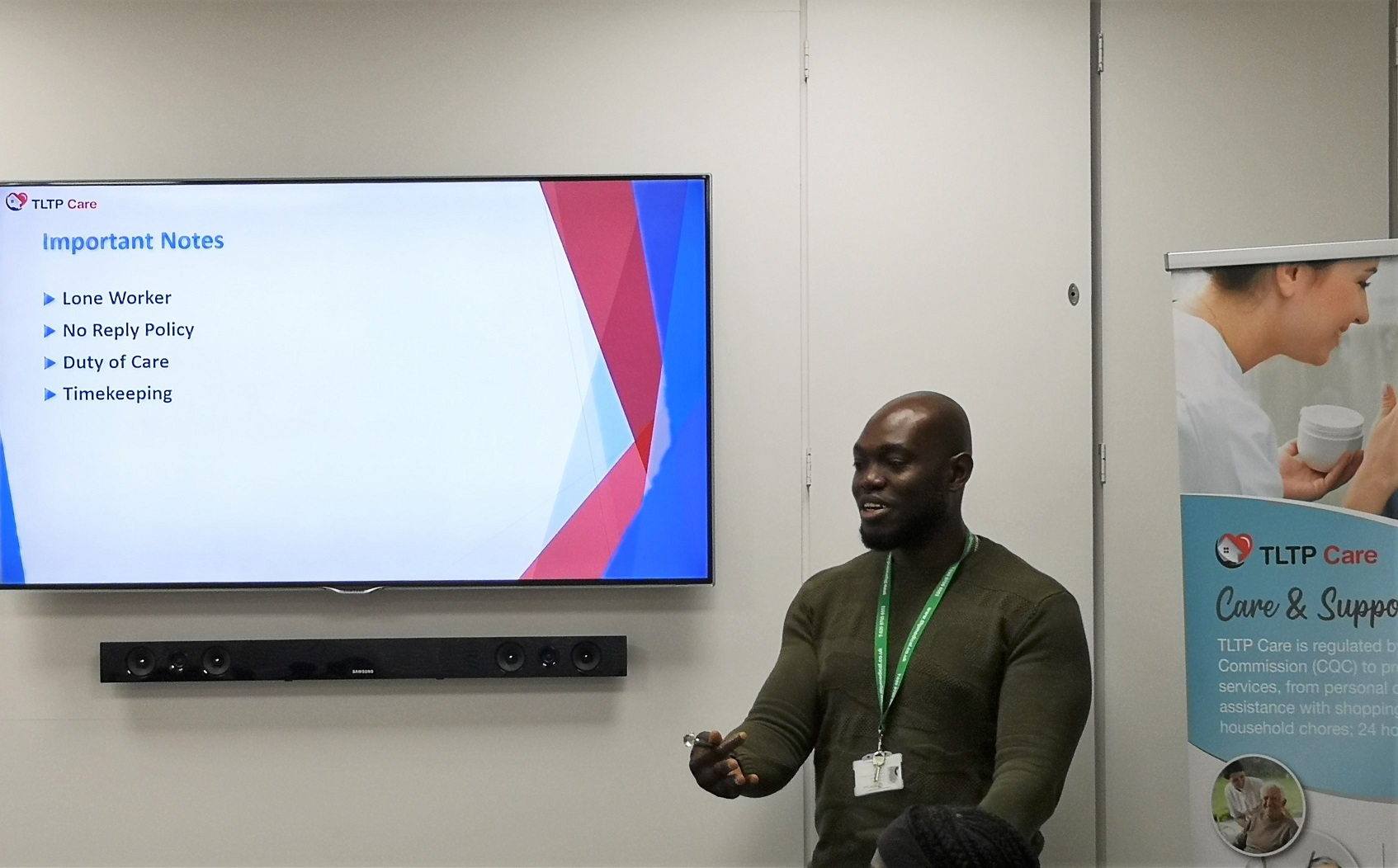
Our carers are now ready to service the residents of Waltham Forest and provide the essential care they require.
We are constantly recruiting for various care projects within both the NHS and private sectors in Kent, Surrey, Southampton, Hertfordshire and Essex.
All our roles offer great flexibility, from full-time, part-time to just a few hours a week. It’s the perfect role that lets you be in control of the hours you work. And, most importantly it is highly rewarding as the care you provide makes a positive difference to those who are their most vulnerable.
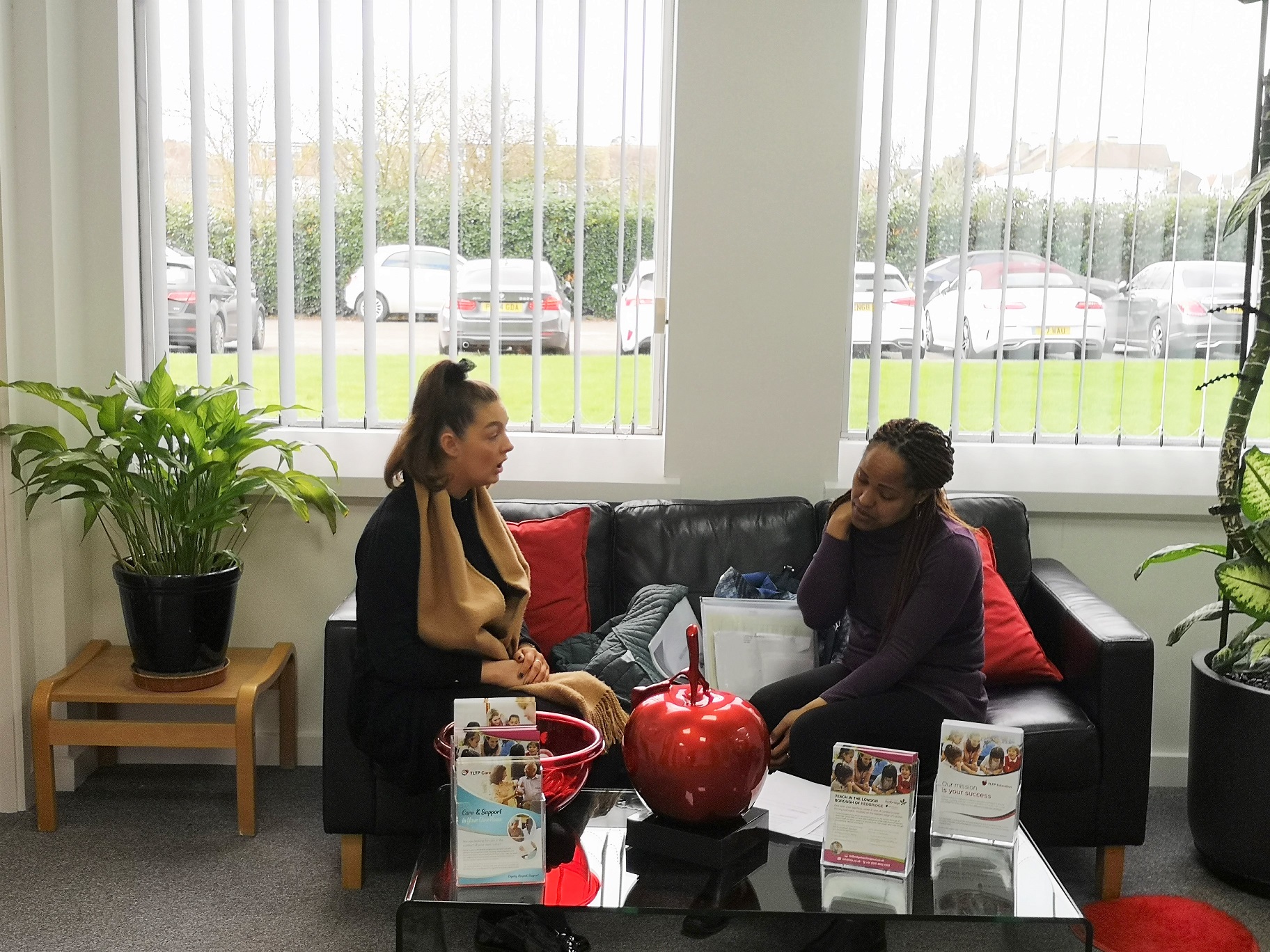
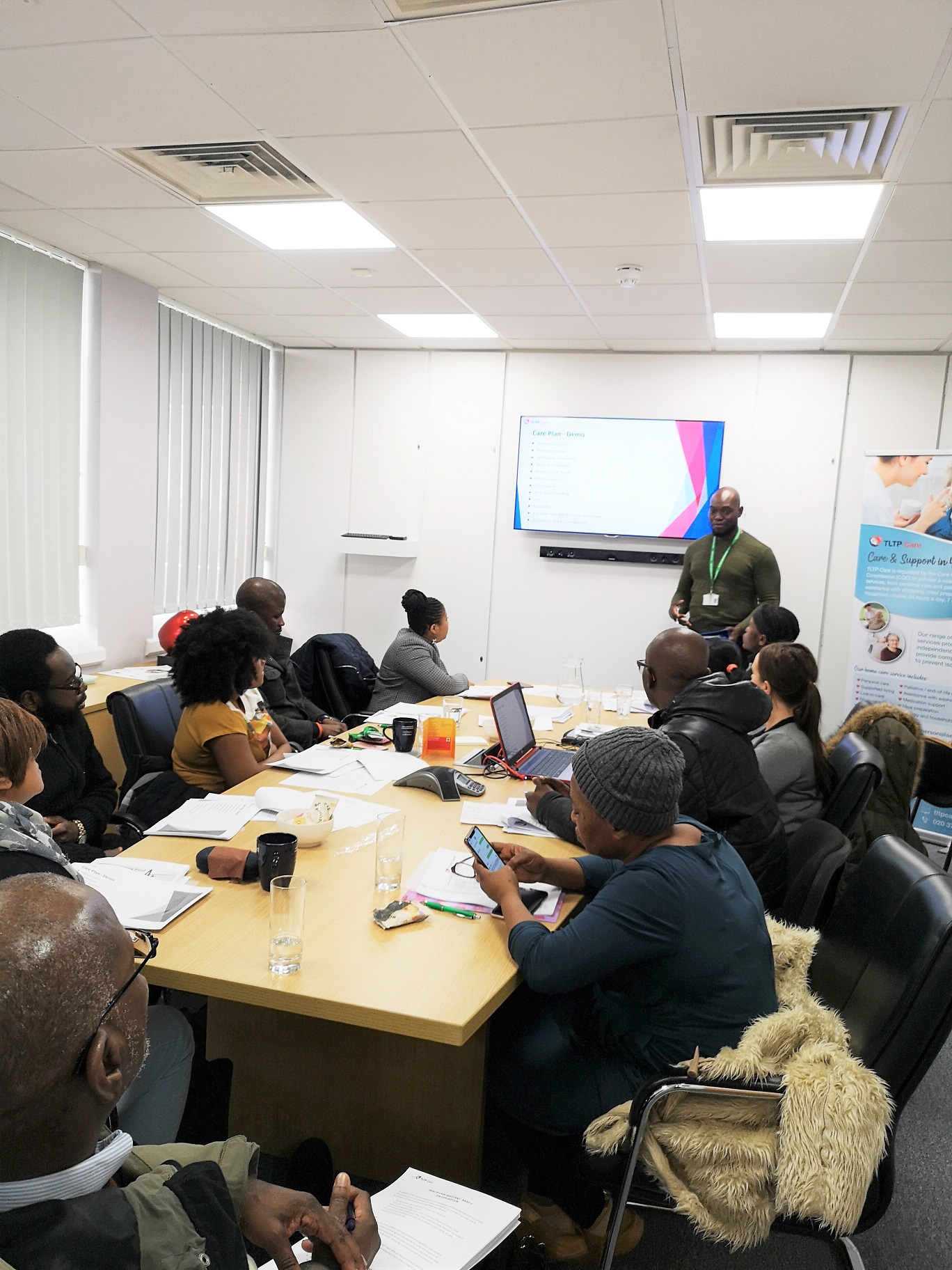
Join our team
If you would like to be informed as soon as a new job opportunity is available, please Register and subscribe to job alerts to ensure you never miss our latest roles.
Alternatively, please Request a Call Back or contact us on 020 8709 6553 and a consultant can talk through your individual requirements.
TLTP Medical - Healthcare Recruitment Drive
TLTP Medical’s recruitment drive has seen us travel to Kent, Essex, Southampton, Hertfordshire and across London where we have met and registered talented healthcare professionals who are working on a number of exciting NHS projects.
Our recruitment days have been the perfect opportunity for healthcare professionals to get a better insight into our current and upcoming healthcare positions. It’s also a chance for healthcare professionals to meet their friendly and well-informed recruitment consultant and for us to get to know you better.
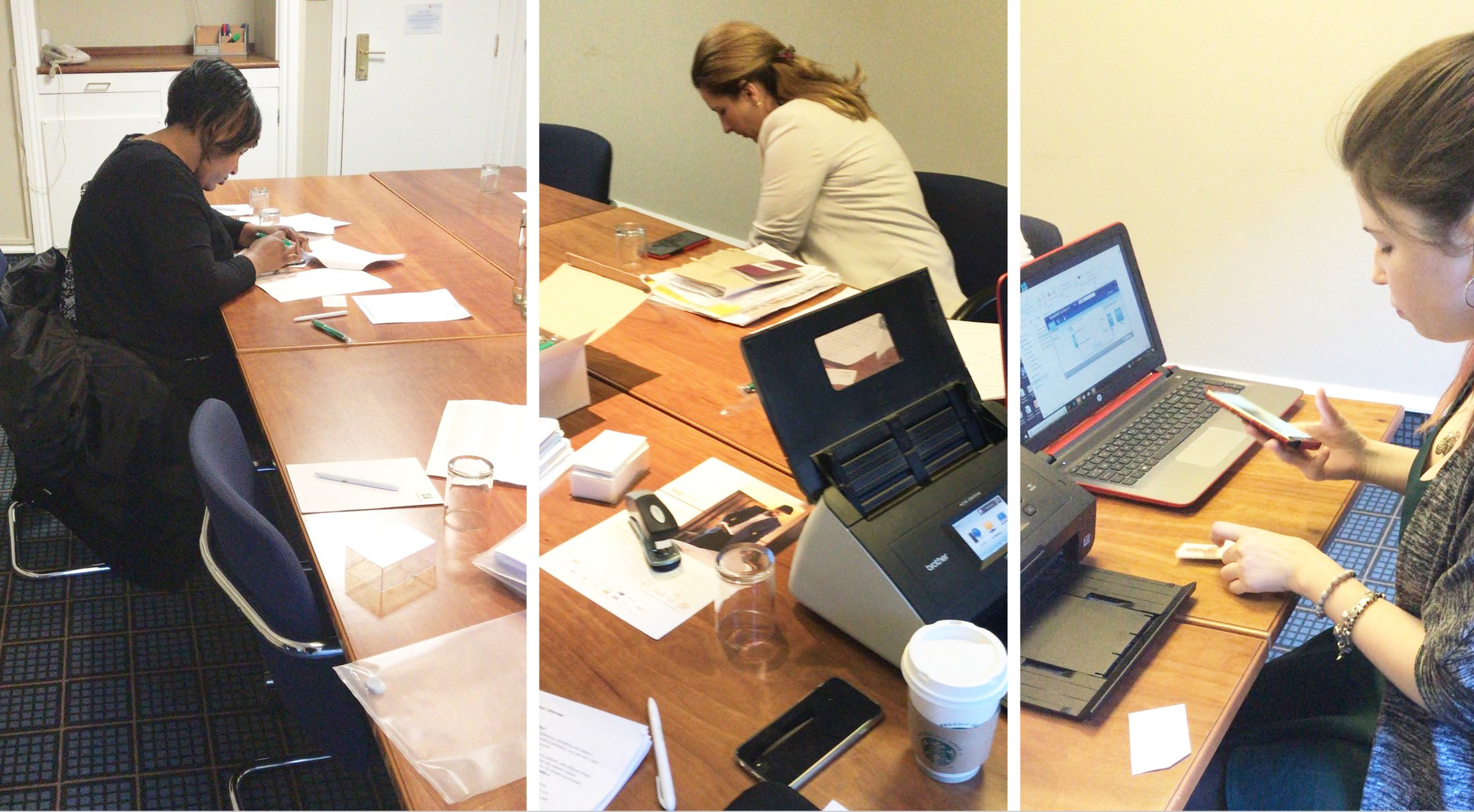

We are proud to be recruiting Carers and Healthcare Assistants for several NHS Trusts including Kent, Surrey, Southampton, Hertfordshire and Essex. We are acquiring new projects and roles on a daily basis and in 2020 we will be continuing our recruitment drive throughout the UK.
Join our team
As a specialist medical recruitment consultancy providing locum, temporary and permanent staff to the NHS and private sectors, our disciplines cover a range of roles within:
- Primary Care
- Nursing
- Allied Health Professionals
- Health Science Services
- Domiciliary Care
- Administration and Clerical
All our consultants possess a wealth of recruitment experience in the medical field and are therefore able to provide appropriate, informed guidance to all candidates, from newly qualified health professionals through to senior leaders.
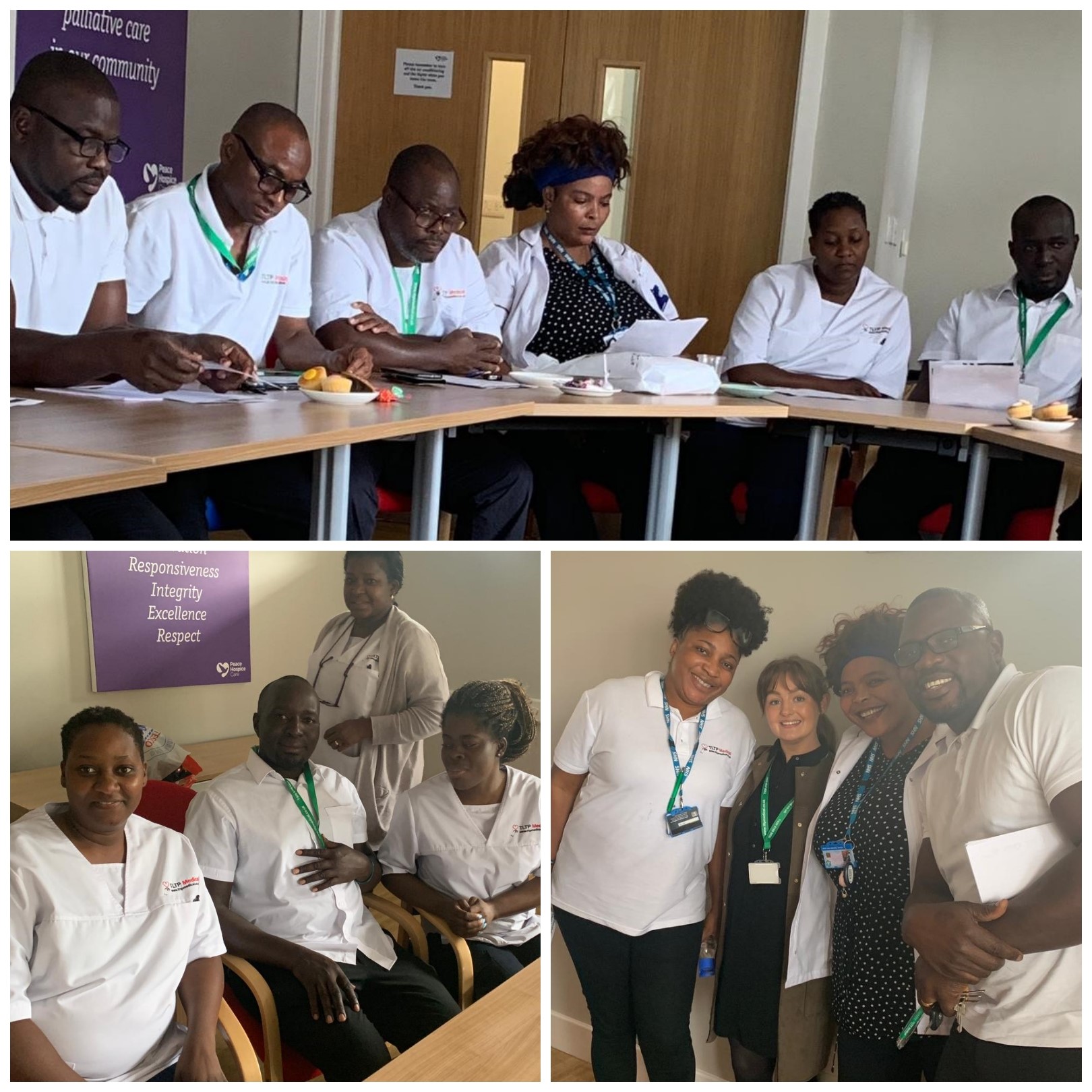
If you would like to be informed as soon as a new job opportunity is available, please Register and subscribe to job alerts to ensure you never miss our latest roles.
Alternatively, please Request a Call Back or contact us on 020 8709 6553 and a consultant can talk through your individual requirements.

